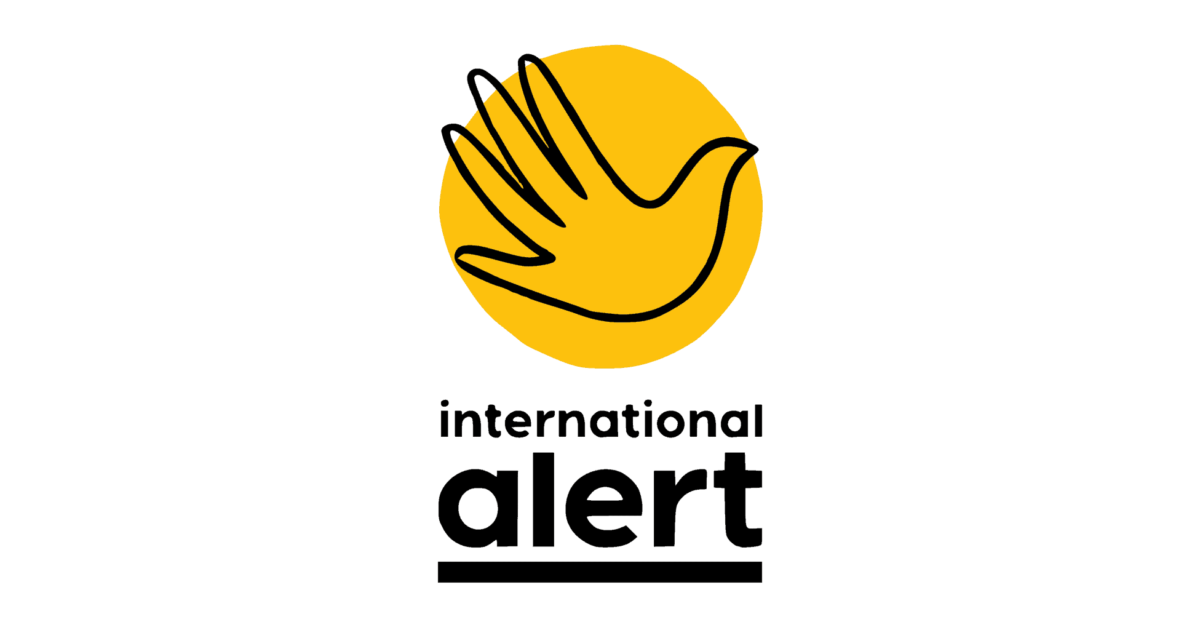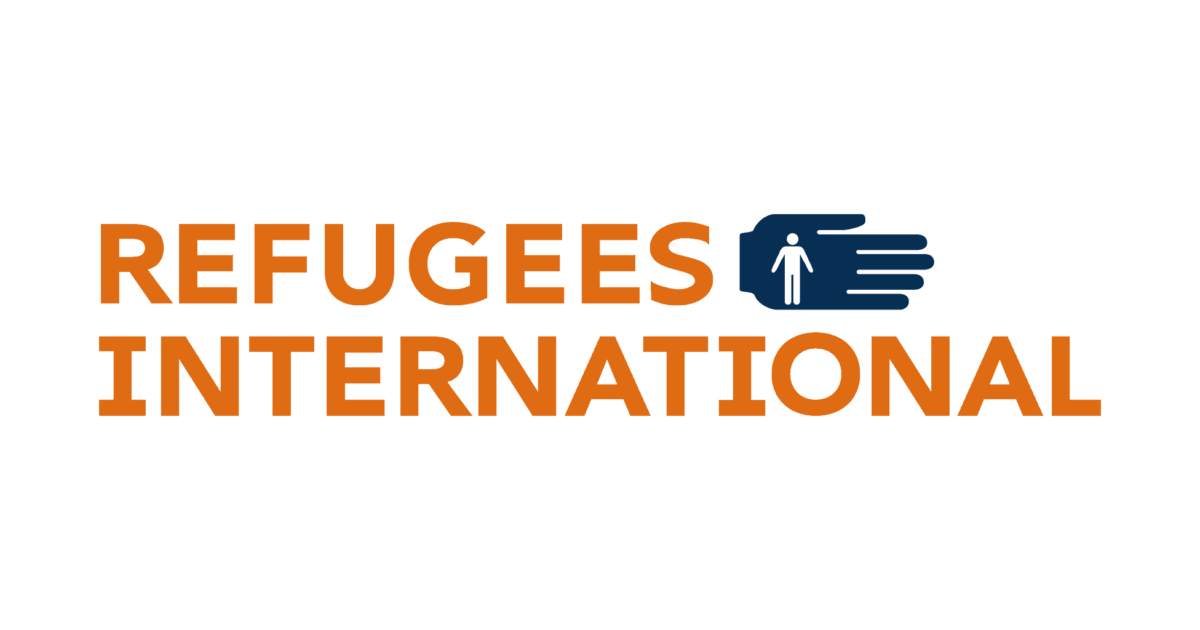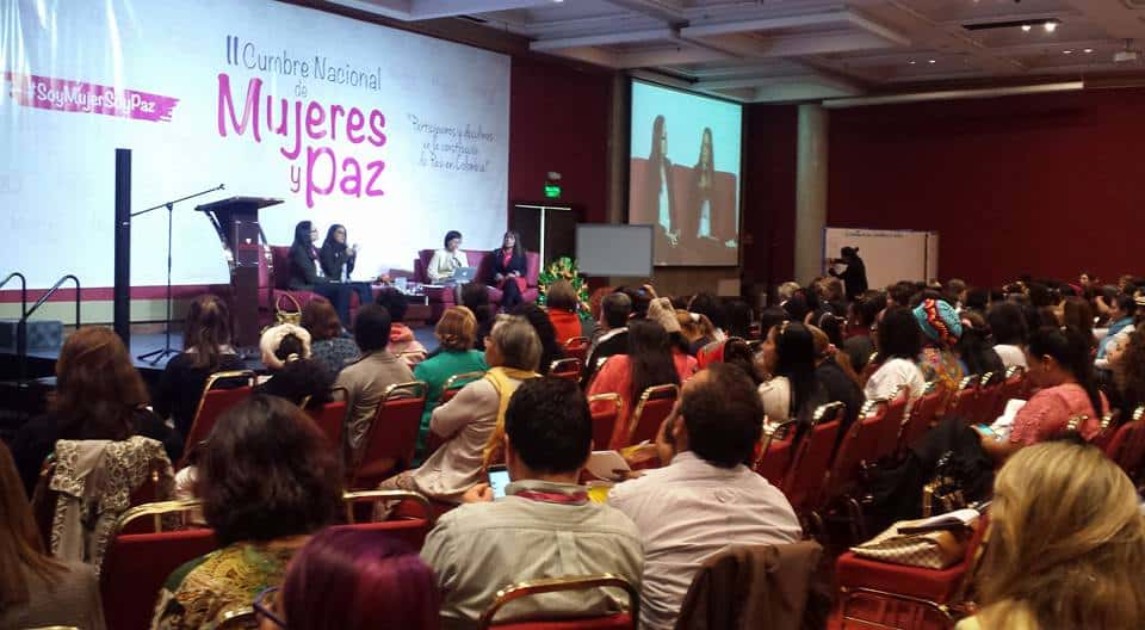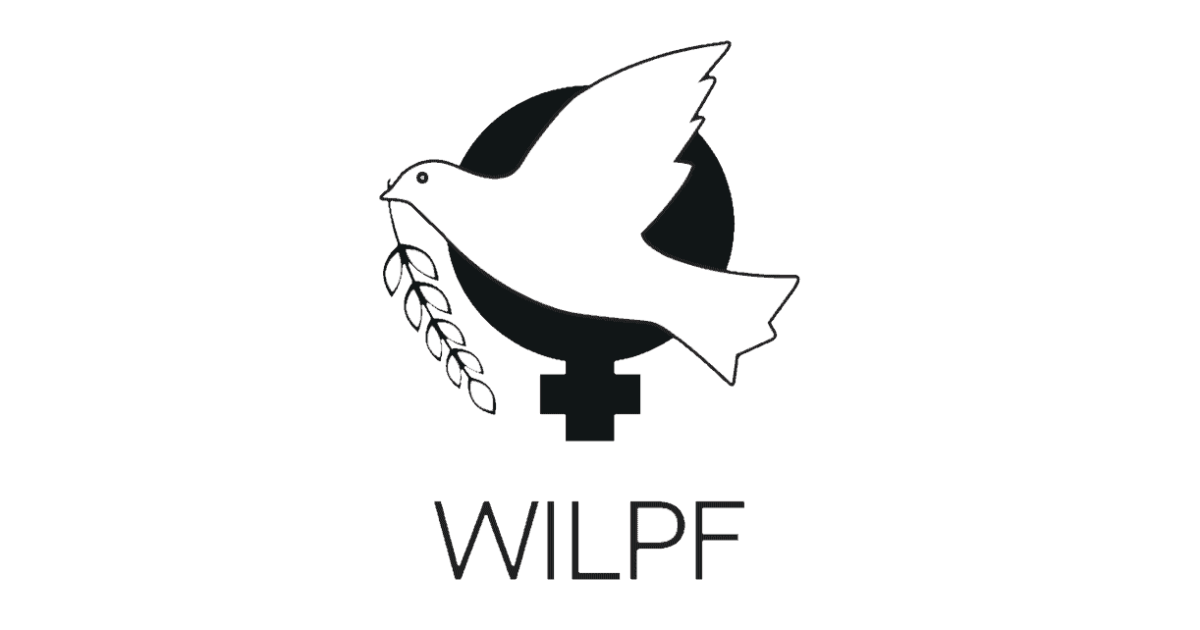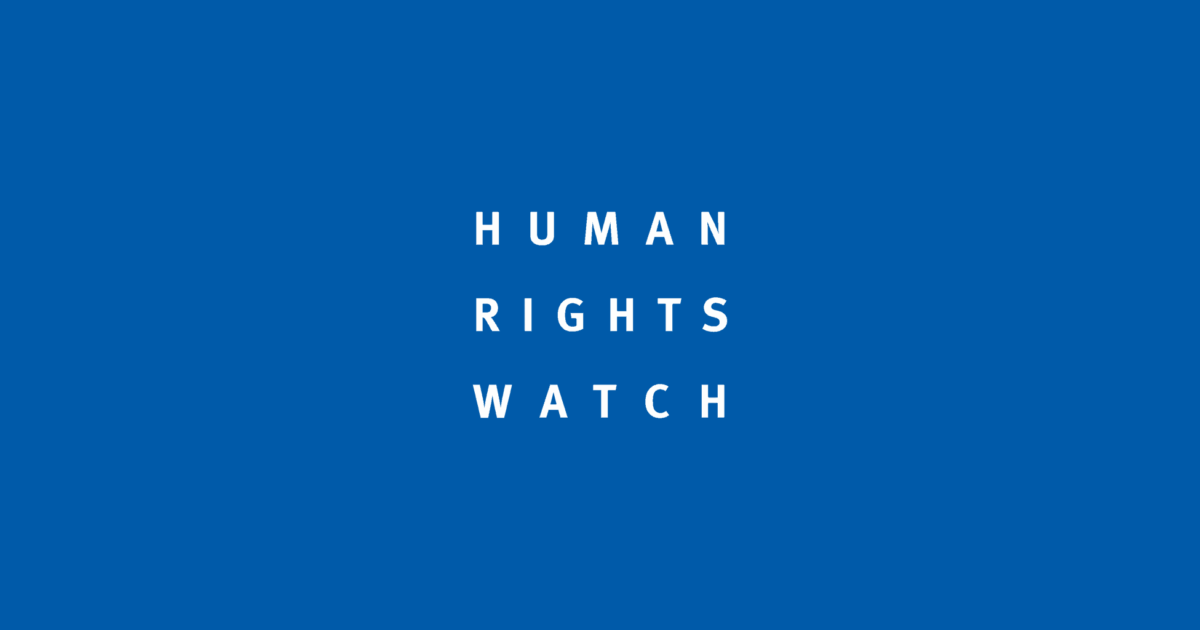Colombia
Colombia
Current and Past Recommendations to the UN Security Council (Monthly Action Points)
As the Security Council discusses the situation in Colombia, it’s important to acknowledge the positive developments, notably the historic number of women elected to the legislature and increased representation of women in the executive branch, including the cabinet, while also continuing to focus on the insecurity that exists for a large portion of the population, including particularly for human rights defenders, peacebuilders and activists. Civilians in many areas of Colombia, rural and urban areas, are experiencing increasing levels of violence at the hands of armed forces and police, including killings, femicides, abductions, disappearances, sexual violence, and displacement, with profound impacts on women human rights defenders, and Afro-descendant and Indigenous peoples, signaling an urgent need to prioritize civilian protection in state responses to violence and shift away from strategies, including those involving increased presence of armed forces and police, that perpetuate and exacerbate the harm that has been experienced by rural communities for decades. In the resolution renewing the mandate of the UN Verification Mission in Colombia, the Security Council must:
- Call for cessation of the use of violence, often targeting Afro-descendant, Indigenous, and LGBTIQ+ individuals, including excessive force, killings, beatings, sexual and gender-based violence, and arbitrary detention, by members of the Colombian police and military forces against protestors, human rights defenders, and the civilian population, including those who advocate in opposition to certain corporate activity especially the large-scale exploitation of natural resources.
- Reiterate the need for a negotiated solution to conflicts with all the various illegal armed actors and adopt a human security approach, in line with the intentions of Total Peace discussions and ensure that a focus on gender and women’s rights are central to any conversations, including the meaningful participation of women in all their diversity in any dialogue with the ELN. Further, the Council should underline the importance of ensuring “total peace” discussions are participatory and inclusive of civil society, particularly with women in all their diversity, youth, LGBTIQ+, Afro-descendant, Indigenous, and rural authorities and communities.
- Call for any briefings and updates by senior UN leaders to integrate gender-sensitive conflict analysis and data disaggregated by gender, sex, race, ethnicity, sexual orientation and gender identity, and disability, including in the context of information related to violence against former combatants, social leaders, and Indigenous, Afro-descendant, rural and LGBTIQ+ communities, who receive additional threats of gender-based violence, including domestic.
- Continue overseeing the work of the Special Jurisdiction for Peace, especially in light of the recent decision to open the macro case 11 on conflict-related sexual and reproductive violence, as well as the follow-up to the recommendations of the Truth Commission’s final report.
- Call on the Verification Mission to prioritize support for implementation of those provisions of the peace agreement which are particularly outstanding, notably gender provisions and the Ethnic Chapter, such as age- and gender-sensitive reintegration and reincorporation support, specifically socioeconomic guarantees; women’s acquisition of land, loans, and technical assistance; access to formal and non-formal education and health services that encompass sexual and reproductive health care, and services that are inclusive of pregnant and lactating women and girls living in former Territorial Training and Reincorporation Spaces (AETCR), and in general of all women in the process of reintegration and reincorporation.
Relevant Resources


